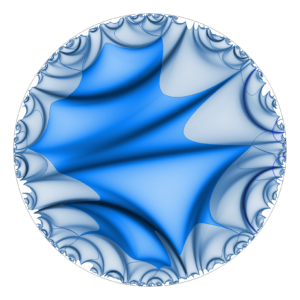About
GRACE proposes a DTU whose unifying basis is a methodology rather than a specific research topic. This principle involves integrating diverse branches of mathematical research, often interconnected with other disciplines, using computational methods and tools to advance fundamental questions in both pure mathematics and its applications. The GRACE team reflects this diversity of research topics, united by a common interest in using computational techniques. Three main and interrelated directions of research in GRACE can be identified: Number theory; Low-dimensional, combinatorial and conformal geometry; and Algebraic geometry, representation theory and logic. The project aims to train a group of PhD candidates who will have in common a capability and commitment to use computational tools to make progress in fundamental mathematical questions. The use of computational tools is a deep and expanding trend in mathematical research, which in the foreseeable future will increasingly enhance research methods, and GRACE will thus advance the state-of-the-art. Computation has always been an essential part of mathematics, but harnessing the power of computers to perform calculations beyond what is usually possible is the important novelty. GRACE will rely on its team of supervisors but also on its Advisory board, which will play a key role in orienting the project. And, most, important, on the cohort of PhD candidates who will be onboarded, and take the leading role in one of the research projects offered. This is a PRIDE project.
Project team
-
Pieter BELMANS
-
Jean-Sébastien CORON
-
Karin MELNICK
-
Antonella PERUCCA
-
Sarah SCHEROTZKE
-
Bruno TEHEUX
-
Gabor WIESE
-
Jean-Marc SCHLENKER
The GRACE Advisory Committee
The GRACE Advisory Committee helps shape up and orient the project through their advice, but also through contributions to the project in the form of training or visits.
